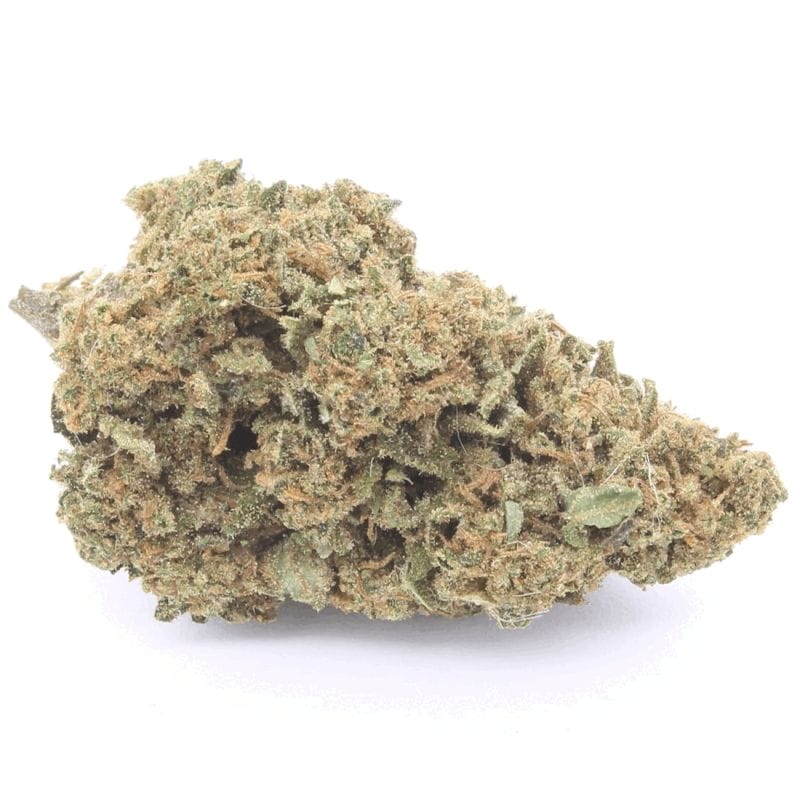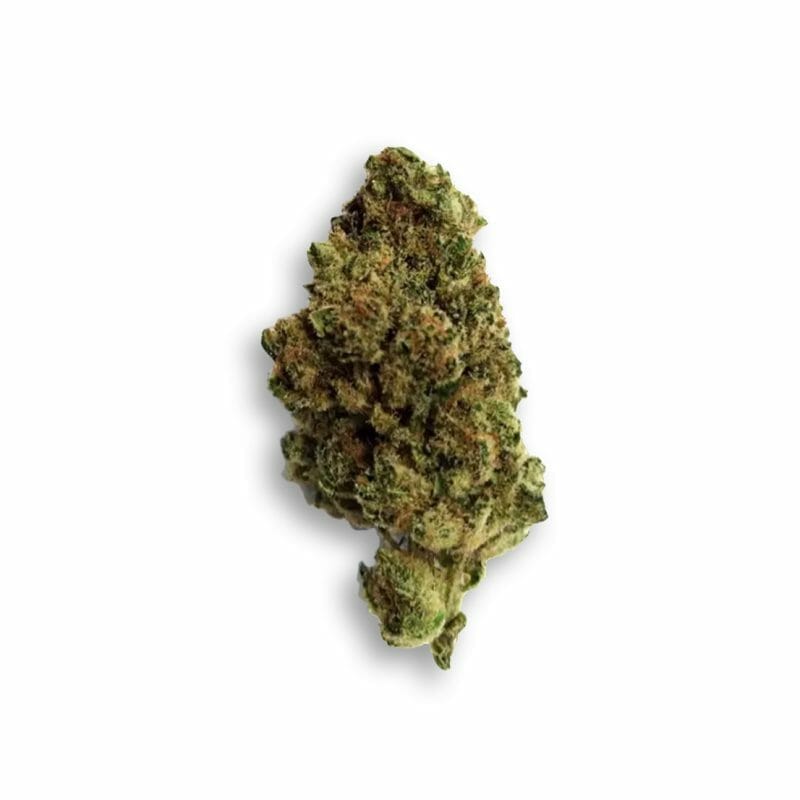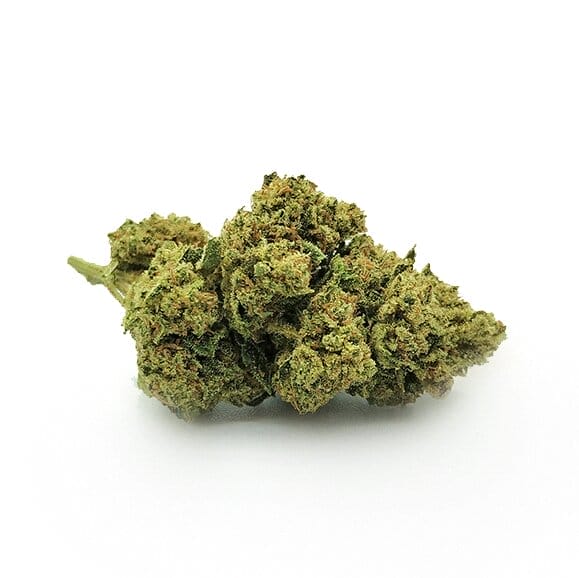Despite its centuries-old reputation as a strongly conservative country, Germany takes a step ahead of many others and becomes the largest European nation to legalise, albeit partially, the recreational use of cannabis. And no, we are not talking about so-called ‘legal weed’, but rather traditional cannabis.
The legalisation of cannabis has long been one of the most debated issues among the governments of the various European countries and the protagonist of many popular demonstrations. On the one hand, it would risk increasing the possible phenomenon of addiction and abuse, with the danger that consumption could spread even among minors. On the other hand, it would be a great affront to the black market, greatly reducing its profits, which instead would end up straight in the pockets of the state, thereby increasing tax revenues and the creation of new jobs.
However, if we want to dispel some myths, what emerges from a World Health Organisation (WHO) report of 2024 is that about 12% of 15-year-olds in Europe have used cannabis at least once in their life. With legalisation, controls would increase in every aspect of sale and consumption, making it really difficult for a minor to access it. Furthermore, the quality of cannabis flowers and products would be certified and controlled.
-
 Ak47£3.50 – £270.00From 0,88 €/gr
Ak47£3.50 – £270.00From 0,88 €/gr -
 Amnesia Haze£3.50 – £350.00From 0,88 €/gr
Amnesia Haze£3.50 – £350.00From 0,88 €/gr -
 Blueberry£3.50 – £270.00From 0,88 €/gr
Blueberry£3.50 – £270.00From 0,88 €/gr -
 Boris Kiwi 2.0 | Legal Cannabis£3.50 – £250.00
Boris Kiwi 2.0 | Legal Cannabis£3.50 – £250.00 -
 Bubba Kush£3.50 – £350.00From 3,50 €/gr
Bubba Kush£3.50 – £350.00From 3,50 €/gr -
Product on sale
 Bubblegum£3.50 – £270.00From 0,88 €/gr
Bubblegum£3.50 – £270.00From 0,88 €/gr
But let’s go back to Germany and let’s see now the new regulatory situation.
Cannabis is legal in Germany
The German government has decided to legalise cannabis in Germany officially starting on 1st April. The Bundestag, German parliament, has decreed that it will be legal for everyone over the age of 18 to possess and consume up to 25 grams of cannabis privately and personally.
Not only that: cultivation will also be permitted, provided that the total quantity of three plants per person is not exceeded. As for dried cannabis, the permitted amount will be up to 50 grams per person. The sale or passing on of the product to other persons, however, remains strictly prohibited.
Cannabis social clubs in Germany: the rules
As of July 2024, German cannabis social clubs will be able to apply for a licence to cultivate cannabis. The latter will be the only authorised place where cannabis can be consumed in Germany, provided one is a member. The maximum number of members allowed per club is 500, to whom 25 grams per day may be sold up to an amount of 50 grams per month (30 for persons under 21).
The question now arises: is weed tourism starting in Germany? The answer, at least for now, is no. The prerequisites for membership of social clubs, in fact, are reaching the age of majority and living in the country for at least six months. For this reason, tourists will not be able to buy cannabis freely in Germany.
The regulations for open-air cannabis in Germany
The German government has also set rules for the consumption of cannabis in the open air. In pedestrian areas, the time within which smoking cannabis is allowed is from 8 p.m. to 7 a.m., keeping a distance of at least 100 metres from schools, kindergartens or sports facilities. But, beware, in the presence of minors, consumption will always be forbidden.
These regulations, in fact, aim to regulate the use of cannabis in a responsible manner, reduce the black market and improve product safety for consumers, while maintaining protective measures for minors and sensitive areas.
The economic impact of legalising cannabis in Germany
As we mentioned earlier, legalising cannabis in Germany will have an unparalleled economic impact: this new market is expected to generate tax revenues of billions of euros, creating new professional opportunities.
In particular, the main areas of growth will include taxation, which will help enrich the state coffers, and the agricultural sector, which will finally be able to expand its production to new and diversified sectors.
The social, cultural effects of legalisation
With the legalisation of cannabis, a clearance of the product will take place in Germany, transforming public perception and promoting a healthier and more conscious approach to it. Cannabis will no longer be a product to be demonised, but rather to be appreciated for its beneficial effects for both recreational and medical use.
Another aspect to be taken into account is decriminalisation, which will reduce the number of people arrested and imprisoned for minor offences related to the sale and consumption of cannabis.
What about the U.K.?
The situation regarding cannabis in the United Kingdom is one of strict regulation, with cannabis classified as a Class B drug under the Misuse of Drugs Act 1971. This means that recreational use, possession, and supply are illegal, with penalties including fines and potential imprisonment.
However, in recent years, there has been increasing advocacy for reform, especially concerning the medicinal use of cannabis. In 2018, the UK government legalised medical cannabis under certain conditions, allowing it to be prescribed by specialist doctors for specific medical conditions such as epilepsy and multiple sclerosis.
-
 Ak47£3.50 – £270.00From 0,88 €/gr
Ak47£3.50 – £270.00From 0,88 €/gr -
 Amnesia Haze£3.50 – £350.00From 0,88 €/gr
Amnesia Haze£3.50 – £350.00From 0,88 €/gr -
 Blueberry£3.50 – £270.00From 0,88 €/gr
Blueberry£3.50 – £270.00From 0,88 €/gr -
 Boris Kiwi 2.0 | Legal Cannabis£3.50 – £250.00
Boris Kiwi 2.0 | Legal Cannabis£3.50 – £250.00 -
 Bubba Kush£3.50 – £350.00From 3,50 €/gr
Bubba Kush£3.50 – £350.00From 3,50 €/gr -
Product on sale
 Bubblegum£3.50 – £270.00From 0,88 €/gr
Bubblegum£3.50 – £270.00From 0,88 €/gr
Despite this, access to medicinal cannabis remains limited, and there is ongoing debate about broader legalisation and decriminalisation. Public opinion is increasingly in favour of reform, but substantial legal changes have yet to materialise.
 Contact us
Contact us 








